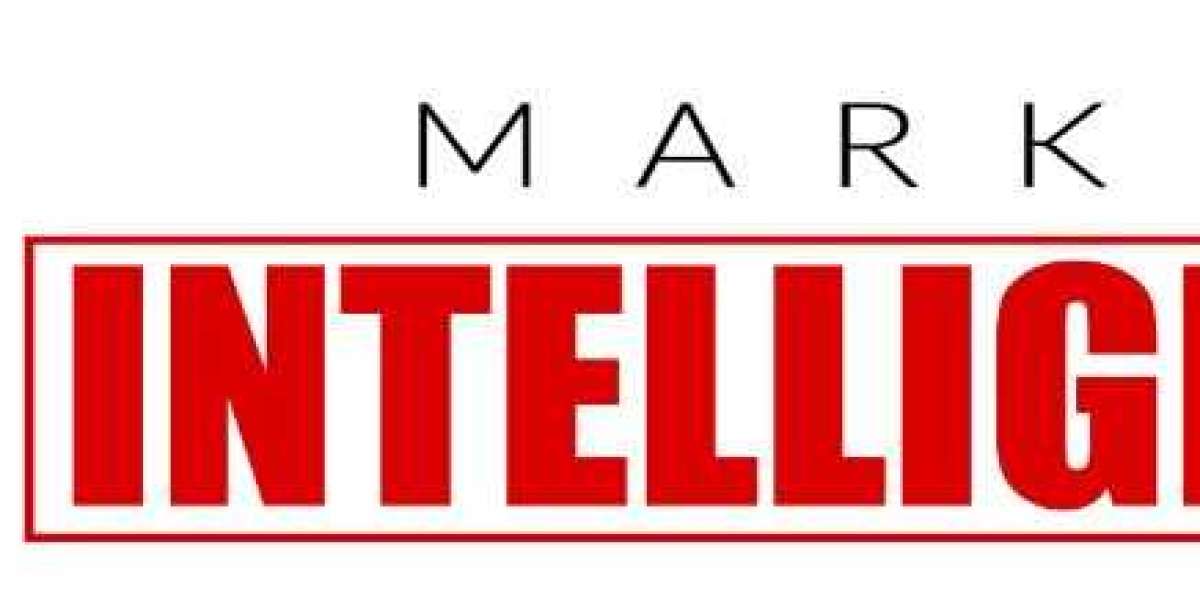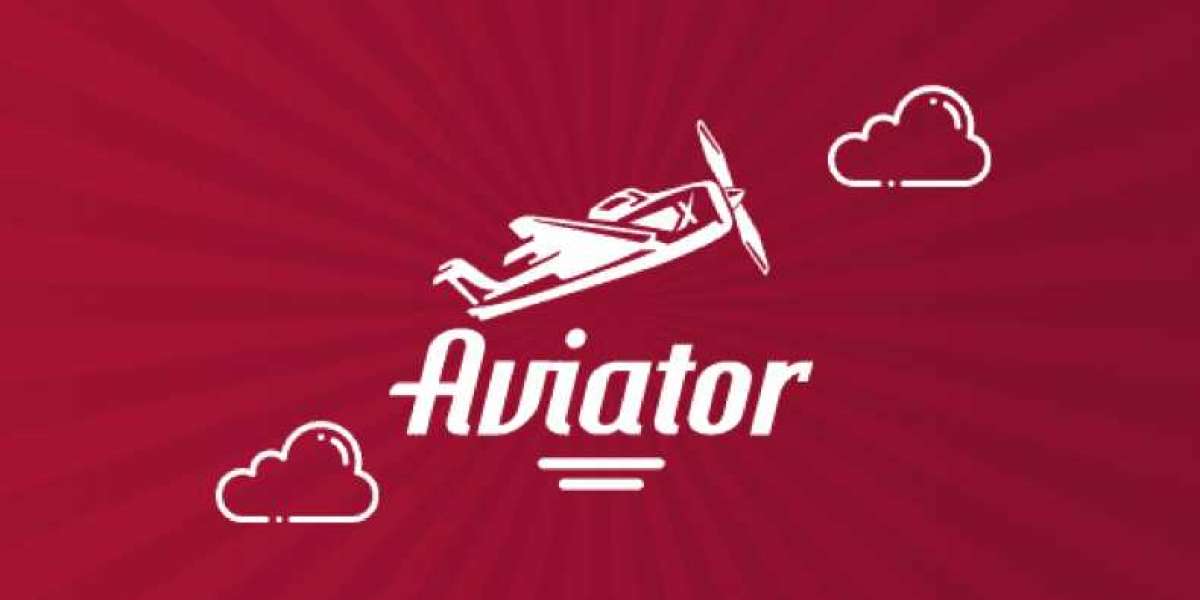Security Orchestration Automation and Response (SOAR) Market Outlook, 2032
The SOAR Market is experiencing significant growth, driven by the increasing number of cyber threats and the need for organizations to efficiently respond to security incidents. SOAR platforms help organizations streamline their security operations by automating repetitive tasks, orchestrating workflows, and providing real-time incident response capabilities. These platforms enable security teams to detect and respond to threats faster, minimize the impact of security incidents, and improve overall security posture.
The global Security Orchestration Automation and Response Market is expected to grow at a rapid pace in the coming years, with a projected market size of over USD 6.14 billion by 2032. Key factors driving the growth of the market include the increasing complexity and volume of cyber threats, the growing adoption of cloud-based security solutions, and the rising demand for integrated security orchestration platforms.
Impact of COVID-19
The COVID-19 pandemic has had a significant impact on the SOAR market, as organizations have shifted to remote work environments and cyber threats have increased in frequency and sophistication. The pandemic has highlighted the need for robust security measures to protect sensitive data and mitigate the risk of cyber attacks. As a result, the demand for SOAR platforms has surged, with organizations looking to enhance their security operations and improve incident response capabilities.
Major Market Players
Some of the key players in the SOAR market include IBM Corporation, Splunk Inc., Palo Alto Networks, Inc., Rapid7, Inc., FireEye, Inc., and Swimlane LLC. These companies offer a range of SOAR platforms that provide automation, orchestration, and response capabilities to help organizations improve their security posture and respond to security incidents more effectively.
Get a Sample Report + All Related Graphs Charts:
https://www.marketresearchfuture.com/reports/security-orchestration-automation-and-response-market-8385
Market Segmentation
The global SOAR market can be segmented based on component, application, deployment mode, organization size, and vertical. By component, the market is divided into software and services. The software segment is expected to dominate the market, driven by the increasing adoption of SOAR platforms by organizations looking to automate and streamline their security operations.
By application, the market can be classified into threat intelligence, incident response, security operations automation, compliance management, and others. The incident response segment is expected to hold a significant market share, as organizations prioritize the detection and response to security incidents in real-time.
By deployment mode, the market is segmented into cloud and on-premises. The cloud deployment mode is expected to witness substantial growth, as organizations increasingly adopt cloud-based security solutions to enhance flexibility, scalability, and cost-efficiency.
By organization size, the market can be categorized into small and medium-sized enterprises (SMEs) and large enterprises. The large enterprises segment is expected to dominate the market, driven by their higher IT budgets and greater focus on cybersecurity.
By vertical, the market is segmented into banking, financial services, and insurance (BFSI), healthcare, government, retail, energy and utilities, and others. The BFSI sector is expected to be a major contributor to market growth, as financial institutions face a growing number of cyber threats and regulatory requirements.
Top Impacting Factors
Several factors are driving the growth of the SOAR market, including:
Increasing cyber threats: The rising number and complexity of cyber threats are driving organizations to invest in SOAR platforms to improve their security operations and respond to security incidents more effectively.
Compliance requirements: Organizations are facing increasing regulatory requirements related to data security and privacy, prompting them to adopt SOAR platforms to ensure compliance and enhance their security posture.
Remote work environments: The shift to remote work environments due to the COVID-19 pandemic has accelerated the adoption of SOAR platforms, as organizations seek to secure their remote workforce and protect sensitive data from cyber threats.
Integration with existing security tools: SOAR platforms offer integration with existing security tools, enabling organizations to streamline their security operations, improve efficiency, and automate response processes.
Latest Industry News
- In September 2021, IBM Corporation launched a new version of its SOAR platform, IBM Security Connect, to help organizations automate and orchestrate security processes across their security environments.
- In August 2021, Splunk Inc. announced the acquisition of TruSTAR, a threat intelligence platform, to enhance its SOAR capabilities and provide customers with advanced threat detection and response capabilities.
The Security Orchestration Automation and Response (SOAR) market is poised for substantial growth in the coming years, driven by the increasing number of cyber threats, the need for organizations to enhance their security operations, and the adoption of cloud-based security solutions. As organizations prioritize cybersecurity and seek to improve their incident response capabilities, the demand for SOAR platforms is expected to surge, providing significant growth opportunities for market players.
Browse In-depth Market Research Report:
https://www.marketresearchfuture.com/reports/security-orchestration-automation-and-response-market-8385







